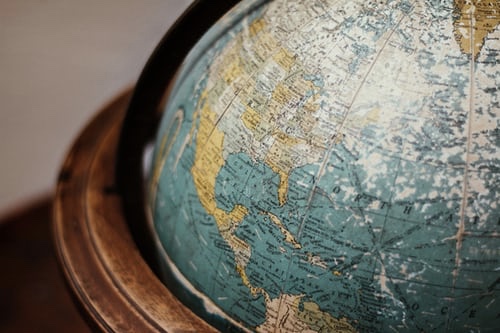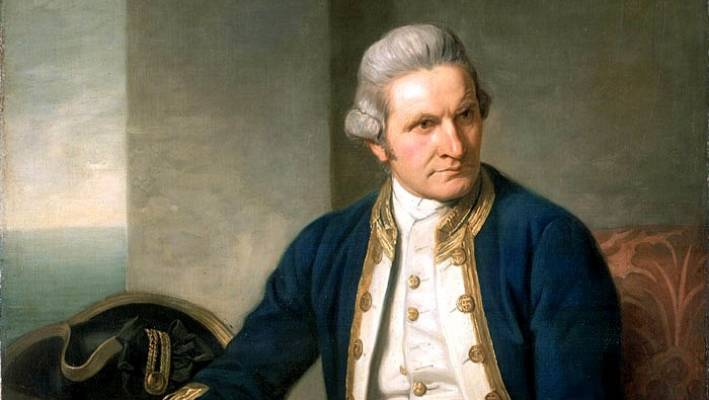What’s in a name?
In this section I’d like to gather every book review I consider to belong to the category World Exploration, Travel & Science.
Personally, when I think about World Exploration, the first thing or person that comes to mind is the English naval captain James Cook. One of, if not the greatest explorers of all time. (Note: Many years ago I read a biography of James Cook, which I consider one of the best books I ever read. See my personal Top 10 in non fiction books or my booklist on Goodreads).
Another good example is everything that has to do with the German scientist Alexander von Humboldt. Or else, the works or or about the New Yorker John Lloyd Stephens, who rediscovered the Maya-civilization for us.
All those books without a doubt belong to “World Exploration” category. Unfortunately it isn’t always that easy. A good example is the first book that I will review for you in this section about explorers and exploration!
Tim Marshall’s Prisoners of Geography. A book that belongs to the field of Geopolitics. However, as Geopolitics for me isn’t a broad enough category, I had to decide in which other category to put this book review.
Besides Geopolitics, Marshall’s work can be placed in several other categories. Geography? History? Cartography, maybe? Or else, Actuality? Journalism?
I finally decided to stall Prisoners of Geography under World Exploration. As it explores the world through analyzing maps. I hope you agree!
Book review World Exploration, nr. 1:
Marshall, Tim, Prisoners of Geography – Ten maps that explain everything about the world, 2016 (originally 2015), Scribner (NY/ London/ Toronto/ Sydney/ New Delhi). ISBN 978 1 5011 2146 3
3,5 stars

I looked forward to read this book. Unique in many ways. Combining geography with the way a country, region or continent developed or could have developed politically and economically. So far I haven’t read any books on this specific theme, so I was actually opening up a brand new field for myself.
The field of geopolitics. The word has many definitions. One of them: “… analysis of the geographic influences on power relationships in international relations.”. (Encyclopedia Britannica)
In a few words, what Tim Marshall in Prisoners of Geography tries to do is explain – through the “reading” of a map of a certain area of the world – how elements as mountains, rivers, seas, deserts and borders influenced the way countries, regions or continents came to be what they have become. A long sentence, but I hope you got the message!
Marshall chose 10 maps to cover the whole world – that is, almost the whole world. His book covers Russia, China, the United States, Western Europe, Africa, The Middle East, India & Pakistan, Korea & Japan, Latin America and The Arctic.

History versus actuality
I learned a lot and got to know many interesting facts. However, I also lost myself every time the historical analysis ended and made way for a description of the actual situation of a certain country or region. That is, the situation of 5 or 6 years ago. Somehow, the two didn’t combine.
As a consequence every new chapter began with an interesting part which contained useful historical lessons for the present day. While, the “actuality” of a few years ago – that is, before 2015 – was outdated and ironically had already become history.
Many countries saw revolutionary changes since then. Changes that nobody before 2015 could foresee. Like, for example, the election of Trump or the economic downfall of the Latin-American countries Brasil and Argentina. These changes are the main reason why many of the author’s predictions didn’t become reality and I lost interest in reading them. As if I was reading an old newspaper.
Of course, it would have been different when I had read the book 5 years ago, but that wasn’t clear to me beforehand.
In conclusion, it would have been better and safer to limit the story to a historical analysis of every map. The historical parts of every chapter were interesting, fascinating even, and are the reason I give the book a positive review. As well as the fact that the book made me curious about geopolitics. In other words, I want to read more about it …. without the wrong predictions though!
Prisoners of Geography: Ten Maps That Explain Everything About the World (Politics of Place)
